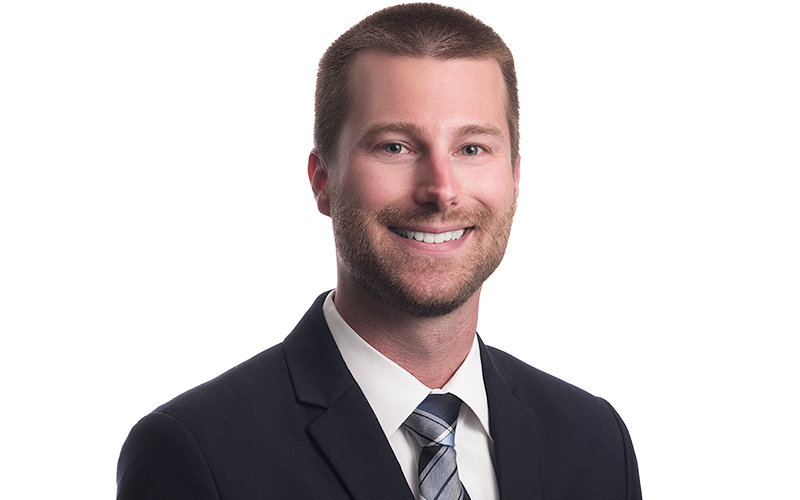
John W. Sanders, who joined Cal State Fullerton this fall semester as an assistant professor of mechanical engineering, specializes in developing “clean energy” technologies — technologies that do not rely on fossil fuels.
“An example would be designing the components of a next-generation power plant,” noted Sanders.
Sanders earned his doctorate and master’s degree in theoretical and applied mechanics from the University of Illinois at Urbana-Champaign. He also holds a bachelor’s degree from Saint Louis University in Missouri, where he studied engineering physics and mathematics.
What inspired you to go into this field?
I give credit to my high school physics teacher, Dr. Eugene Logusch, who made science enjoyable for me. Something clicked for me in his class and it made me want to study science and engineering in college. He also inspired me to want to become a teacher. I hope that my students have a similar experience, and not only understand the concepts I teach, but also enjoy the subject more after taking my classes.
What is your research focus?
Many clean energy systems are designed to operate at extremely high temperatures. The components of these systems are made of metal, and metals behave differently at high temperatures than they do at room temperature. I model the mechanical behavior of metals at high temperatures so that engineers can design safe components that won’t fail during operation. I’m also interested in STEM (science, technology, engineering and mathematics) education research, and how we can improve the way science and math are taught in elementary schools and high schools.
What do you hope students get from your teaching?
I want my students to become experts in their fields so that they can go on to do great things as professional engineers or researchers. More than that, though, I want my students to develop a passion — dare I say ‘a love’ — for science and mathematics. The turning point in my education was when I started not just to excel at those subjects, but to appreciate the beauty in them, and then I really began to enjoy learning. My hope is that my students have a similar experience in my classes.
What would you like others to know about your work?
I’d like them to know that what I do benefits them, even if only indirectly.